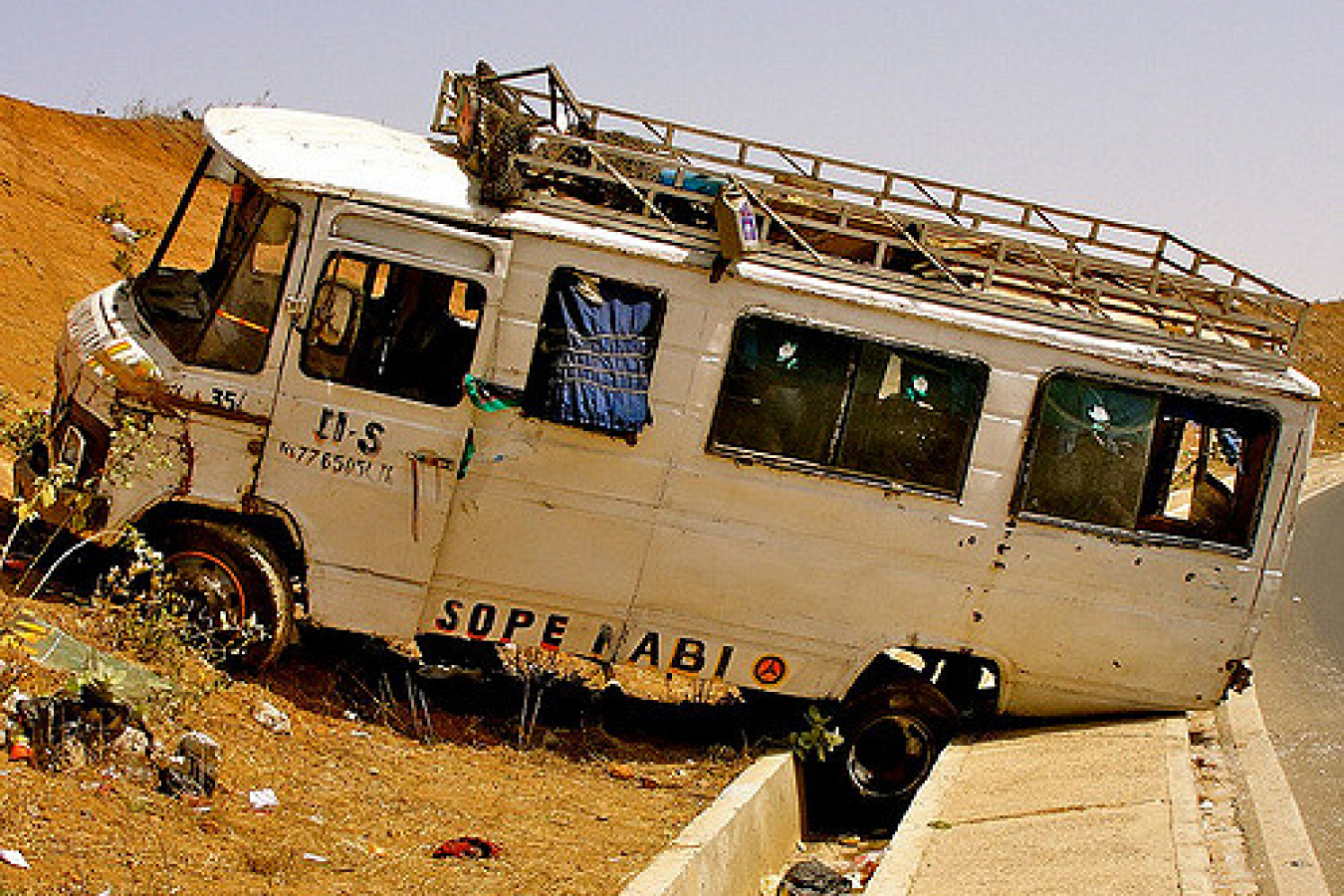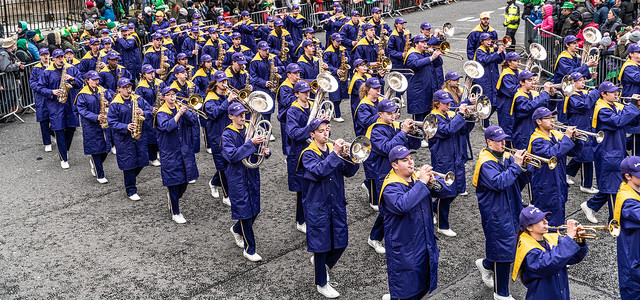A fishing boat crowded with more than 100 African migrants capsized at least twice while sailing to Spain's Canary Islands, spilling passengers and leaving scores dead as survivors drifted for about 10 days without food or water, officials reported on 18 December.
The boat sank off Senegal's coast two days earlier and a Red Cross official said at least 80 migrants died. Fishermen rescued about two dozen people in the water near St. Louis, and about 12 were hospitalized at the health clinic in this northern Senegal town.
Deep poverty drives thousands to make the treacherous sea journey to Spanish lands where they believe jobs await. Fishing boats with a single outboard motor carry 40 or 50 people -- and sometimes more -- on trips that can take weeks.
"If he took all these risks, it's because he saw the situation his family was in," said Awa Sow, whose son Souleymane was hospitalized. "I have prayed and prayed for him. Maybe my prayers helped him come back."
Ass Seck, of the Spanish Red Cross, said the death toll was preliminary and could be revised upward as interviews with survivors in St. Louis continued. It was unclear if any bodies had been recovered.
The boat left 04 December near the southern Senegalese town of Djiffer, about 180 miles from St. Louis, said Lt. Mohamadou Moustapha Sylla, spokesman for a European-Senegalese task force working to stop the tide of illegal migrants heading to Spain's Canary Islands in an attempt to gain a toehold in Europe.
Health officials said the boat capsized at least twice, spilling passengers into the water, and then drifted for about 10 days. Survivors had no food or water, said Demba Dieng, a health worker at the hospital.
All the migrants rescued were dehydrated and undernourished after days at sea, Senegalese officials said.
Tens of thousands of illegal migrants have reached the Canary Islands this year with many leaving from coastal African countries such as Senegal and Mauritania. Hundreds have died this year in their attempts to navigate rough seas in their open, outboard-powered craft.
Some would-be migrants who survived after their boat to Spain's Canary Islands capsized multiple times were resting in the emergency ward of the regional hospital in Saint Louis, Senegal earlier this week.
Gambia - new front in migrant trade
As the Senegalese authorities and the European Union try to clamp down on the flow of Africans arriving in Spain's Canary Islands, a new departure point has opened up - Gambia - just 100km further south of the centre of the Senegalese migrant trade.
Senegal had become the center in the past 12 months, after first Morocco and then Mauritania tightened their borders in recent years.
Under the cover of an inky night sky, more than 100 men in small boats make their way over the coastal horizon from the small Gambian fishing village of Tanjeh every fortnight.
They are taken to a specially built wooden boat waiting beyond sight of the shore to transport them to an uncertain future.
The cost of the journey is from $880 to $1,250, but many of them pay with their lives before reaching the Spanish Canary Islands. From there they hope to go to the mainland of Europe and make their fortunes.
"The agents tell you that you have a 50/50 chance - the boat may sink or you may get sent back," says a tourist resort worker in his thirties, who was approached in Serrekunda about making a trip two months ago.
"One of them was Gambian, the other man was from Senegal," he says.
As well as getting passengers and boats, the agents also purchase supplies: between 10 to 15 barrels of fuel, food for the trip - which takes about one week, water, first-aid packs and medicine for sea sickness.
But it is a lucrative trade with no shortage of people prepared to sell their assets or borrow money to make the journey.
Those who do manage to make it across to the Canaries, where more than 20,000 African migrants are estimated to have landed this year, do not always find a promised land.
"My friend phoned when he arrived, but he can't find a job. His most immediate problem was finding accommodation and getting food," the tourist resort worker says.
He had worked as a tailor in Serrekunda market before his departure three months ago.
"He regrets going and the police there are always searching for papers. But he borrowed the money to make the journey so he can't return."
There are also family expectations to deal with. His parents, wife and child live upcountry and would not welcome his return without money.
But such tales do little to deter others desperate to chance it.
Many Gambians complain about the near impossibility of obtaining a visa for the European Union; and the allure of being able to earn the equivalent to several months' wages in one day makes the journey worth the risk for many.
"My brother is married with four children, he's sold land to make the journey and nothing we say will discourage him," the trader says.
"Like others he says, 'I either die or I go.'"
Gambian police have begun cracking down on those found to be organizing migrant trips and last month made arrests in Brufut fishing village.
Immigration police officers now patrol village beaches, mingling with the crowds by day as they wait for the fisherman to bring in their catch.
However, this has only made those involved more cautious with operations conducted after sunset, when more and more Gambians are being smuggled out of sight.
Related:
• EU wants migrant job centers in Africa• Spain and Senegal agree to promote legal migration policy
• EU Ministers to discuss illegal immigration solution
• 1,000 Africans arrive in Spanish Canary Islands in one day
• EU launches marine border squad
• Spain, France, Italy to make joint migration proposal
• African migrants attempt entry into the EU via Mediterranean
• EU considers immigration agreement
• EU to invest in development of Africa to slow immigration
• EU ministers back plans to curb migration flow from Africa
• European Commission plans spyplanes to patrol EU borders




